Seattle’s rainy climate, aging homes, and lush greenery make drain clogs a frequent challenge for homeowners. From tree roots sneaking into sewer lines to grease clogging kitchen drains, plumbing issues can lead to costly repairs and disruptions. Smart sensors, a growing technology, offer a way to detect these problems early, helping you stay ahead of clogs. This guide explores how smart sensors work, why Seattle homes are prone to drain issues, and how early detection can save you time and money.
Why Drain Clogs Are Common in Seattle
Seattle’s unique environment creates ideal conditions for drain clogs:
- Aging Plumbing Systems: Many homes in neighborhoods like Queen Anne, Capitol Hill, or Fremont have older clay or cast-iron pipes. These pipes are prone to cracks, corrosion, or blockages over time.
- Heavy Rainfall: Seattle’s wet climate, especially during fall and winter, can overwhelm drainage systems, leading to backups or slow drains.
- Tree Root Intrusion: The city’s abundant trees, from maples to evergreens, often send roots into sewer lines, causing stubborn clogs.
- Household Debris: Grease from cooking, hair, and soap scum accumulate in kitchen and bathroom drains, creating blockages.
Understanding these challenges is the first step to preventing clogs. Tools like smart sensors can help by providing early warnings, but proactive care is key.
What Are Smart Sensors for Drains?
Smart sensors are small devices installed in your home’s plumbing system to monitor its condition. These sensors use technologies like flow meters, pressure detectors, or even tiny cameras to track water movement and identify potential issues. Connected to a smartphone app or home automation system, they send alerts when they detect signs of trouble, such as slow drainage or a forming clog.
Unlike traditional plumbing checks, which rely on visible symptoms like slow drains or odors, smart sensors provide real-time data. For Seattle homeowners, they offer a modern way to stay proactive about plumbing maintenance.
How Smart Sensors Detect Drain Issues
Smart sensors help catch drain problems early by monitoring key indicators. Here’s how they work:
- Tracking Water Flow: Sensors measure how quickly water moves through pipes. A slowdown can signal grease, hair, or debris buildup.
- Detecting Blockages: By sensing changes in pressure or flow, sensors can identify early-stage clogs before they cause backups.
- Spotting Root Intrusion: In Seattle, tree roots are a major cause of sewer clogs. Sensors detect disruptions caused by roots entering pipes.
- Identifying Leaks: Small leaks can weaken pipes and contribute to clogs. Sensors alert you to these issues for timely action.
- Sending Alerts: Notifications to your phone or device let you know when something’s wrong, so you can address it before it escalates.
Early detection through sensors allows homeowners to take action, such as adjusting habits or seeking professional help, to prevent major plumbing issues.
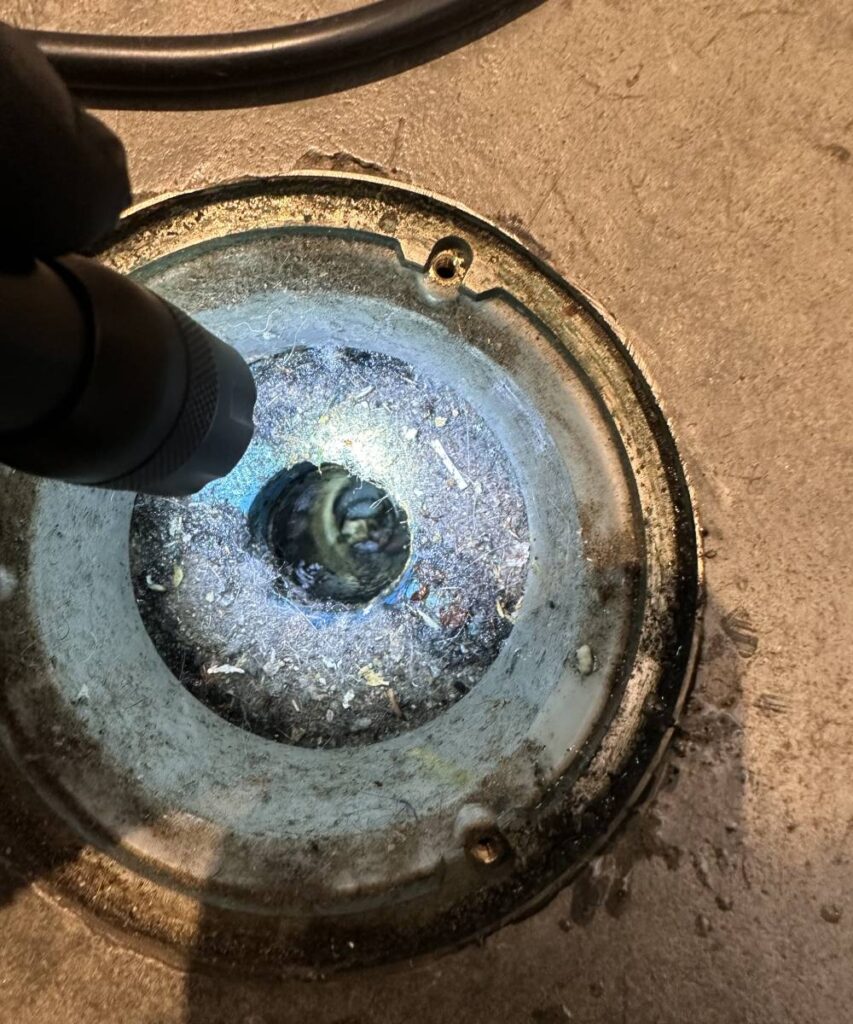
Benefits of Using Smart Sensors in Seattle
Smart sensors offer several advantages for Seattle homeowners dealing with frequent drain issues:
- Early Problem Detection: Catching clogs early reduces the risk of emergency repairs or water damage.
- Cost Savings: By addressing issues before they worsen, sensors can save you from expensive plumbing fixes or water bill spikes caused by leaks.
- Eco-Friendly: Preventing leaks and backups reduces water waste, aligning with Seattle’s commitment to sustainability.
- Peace of Mind: Real-time alerts keep you informed, especially during heavy rain seasons when backups are common.
- Home Value Protection: Avoiding plumbing disasters preserves your property’s condition, crucial in Seattle’s competitive real estate market.
For residents in areas like West Seattle or Magnolia, where tree roots and heavy rain are prevalent, sensors can be a valuable tool for proactive plumbing care.
Limitations of Smart Sensors
While smart sensors are helpful, they’re not a complete solution for drain maintenance. Here are some limitations:
- Detection Only: Sensors can identify issues but can’t clear clogs or repair pipes. Professional intervention is needed for fixes.
- Complex Clogs: Problems like tree root intrusions or heavy grease buildup require specialized tools that sensors can’t provide.
- Installation Needs: Sensors must be installed correctly, which may involve technical expertise or professional assistance.
- Potential False Alerts: Sensors might misinterpret normal variations in flow, leading to unnecessary concern.
- Ongoing Costs: Some sensors require maintenance, subscriptions, or replacements, which can add up over time.
Sensors are best used as part of a broader plumbing strategy, paired with regular maintenance and professional services.
Other Ways to Prevent Drain Clogs
In addition to using smart sensors, Seattle homeowners can take these steps to keep drains clear:
- Avoid Pouring Grease: Never pour cooking grease down the kitchen sink. Let it cool and dispose of it in the trash.
- Use Drain Screens: Install screens in sinks and showers to catch hair, food particles, and debris.
- Flush with Hot Water: Regularly pour hot (not boiling) water down drains to help dissolve minor grease buildup.
- Schedule Regular Inspections: Periodic plumbing checks can catch issues early, especially in older homes.
- Be Mindful of Plants: Avoid planting trees with aggressive roots near sewer lines to reduce intrusion risks.
Combining these habits with smart sensors creates a robust defense against drain clogs.
Professional Solutions for Seattle Drains
While smart sensors and preventive habits can help you stay ahead of drain clogs, professional plumbing services are essential for resolving issues and maintaining your system. For Seattle homeowners seeking reliable solutions, KnightRooter offers expert services tailored to the city’s unique challenges. From drain cleaning in Seattle to clear grease and debris, to hydrojetting in Seattle for tough blockages, and drain maintenance in Seattle to prevent future issues, KnightRooter ensures your plumbing stays in top shape. Contact KnightRooter today at [2062063131] or visit knightrooter.com to schedule a service and keep your drains flowing smoothly.
FAQ
1. Can smart sensors prevent all drain clogs?
No, smart sensors detect potential issues like slow drainage or blockages but can’t physically clear clogs. Professional services are needed for repairs.
2. Are smart sensors suitable for older Seattle homes?
Yes, they can work in most plumbing systems, including older clay or cast-iron pipes, but proper installation is key for accuracy.
3. How do I know if a sensor alert is serious?
If a sensor flags an issue like slow drainage or pressure changes, consult a professional plumber to assess and resolve the problem.
4. How often should I check my drains?
Annual inspections are recommended, especially in Seattle’s rainy climate or homes with older pipes. Sensors can help monitor between checks.
5. What’s the best way to handle a stubborn clog?
For tough clogs like grease or tree roots, professional techniques like hydrojetting or video inspections are the most effective solutions.
For professional and fast drain cleaning Bothell, drain cleaning Seattle, and drain cleaning Bellevue, contact KnightRooter. Our team is ready to provide the best solutions for your drain issues.

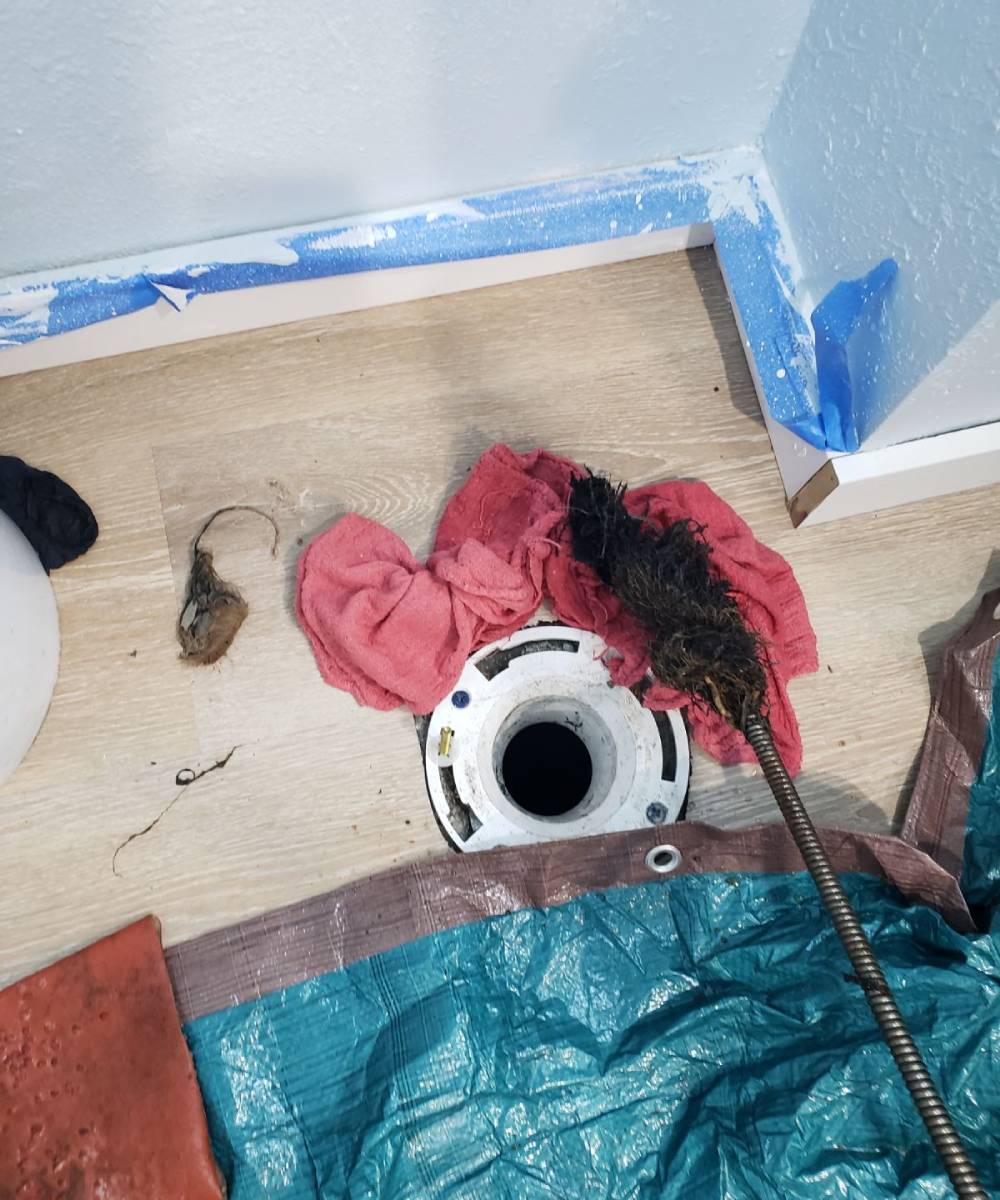
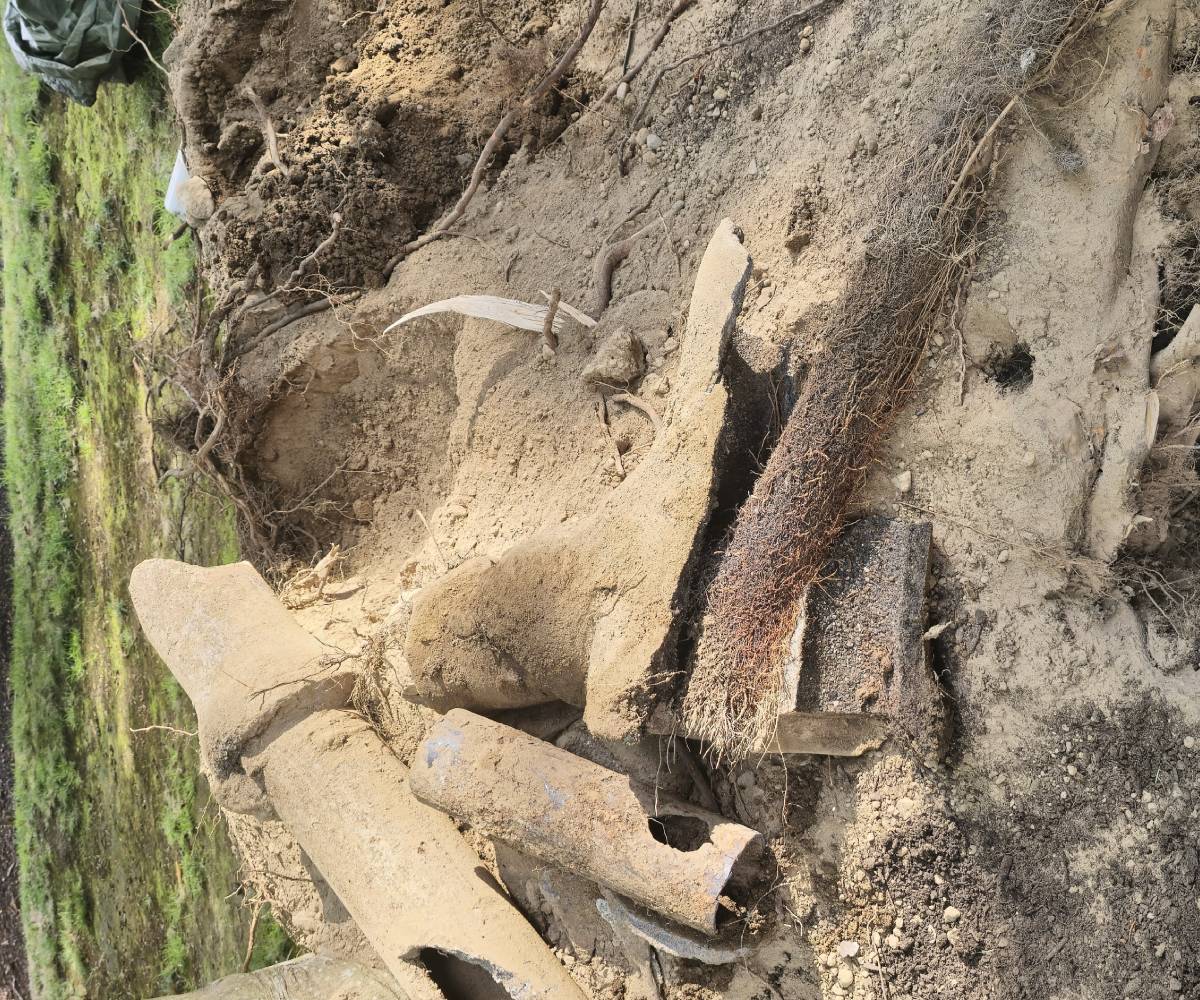
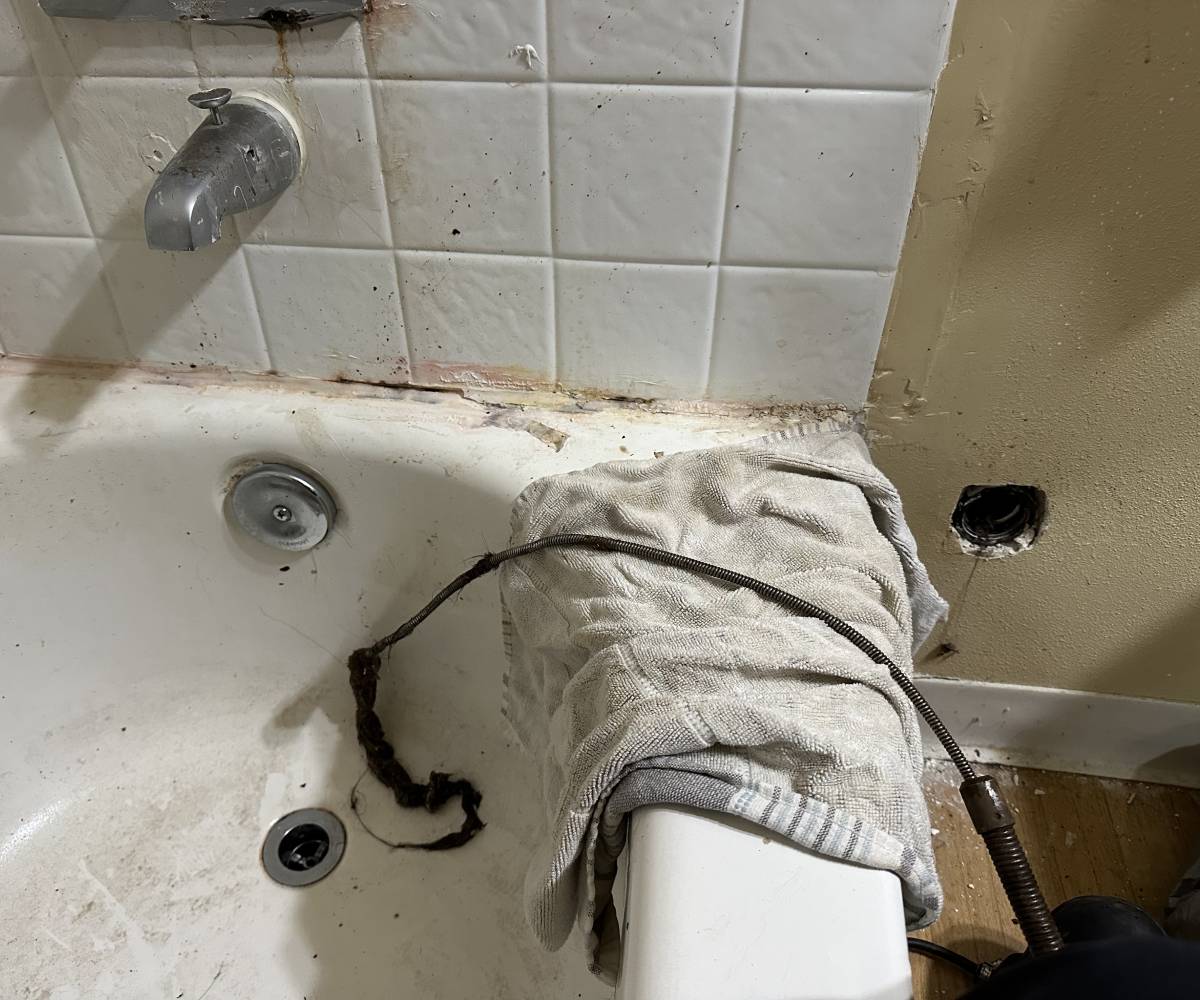
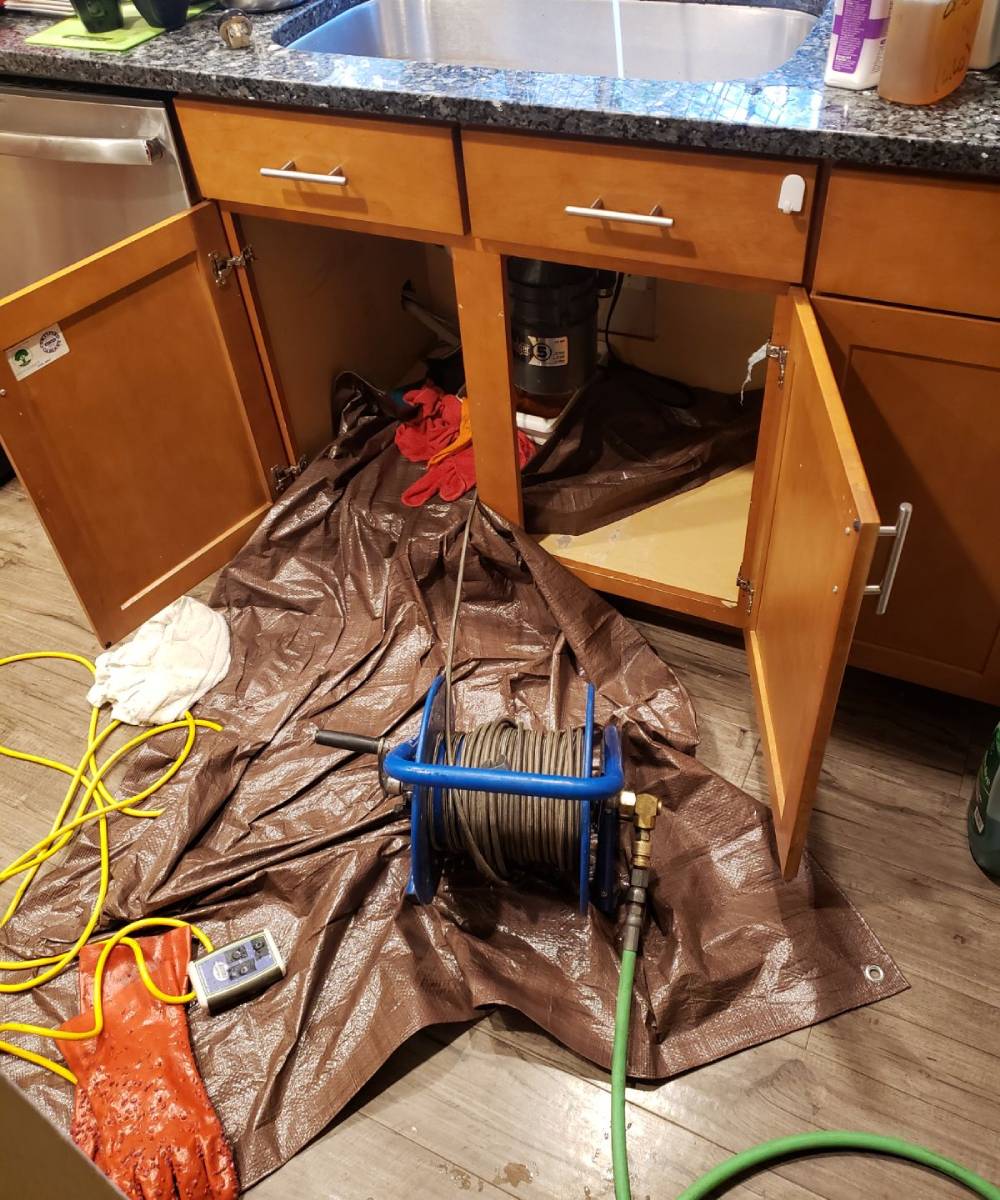
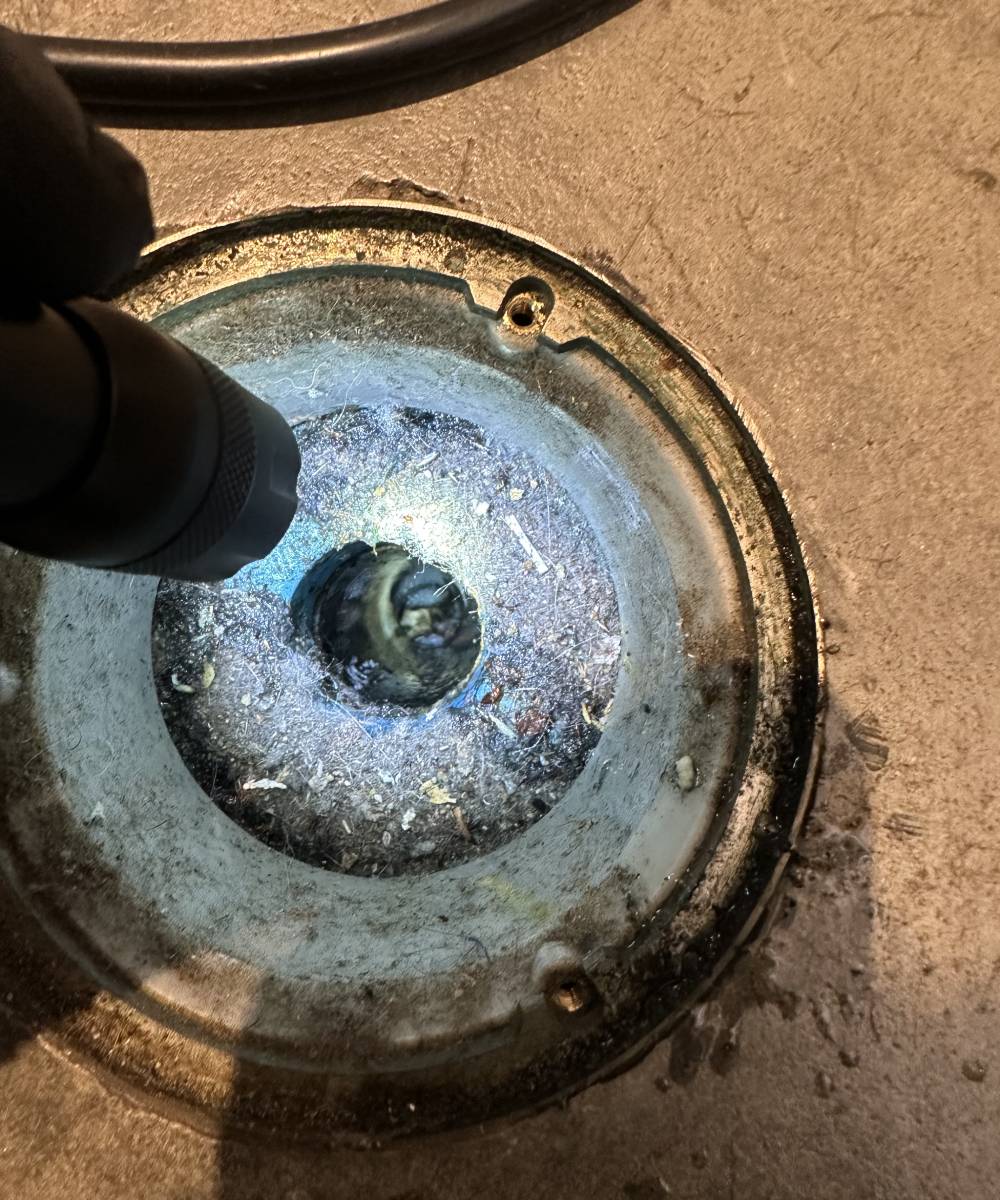
No comment yet, add your voice below!